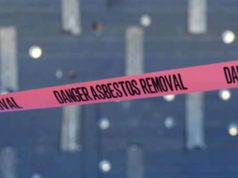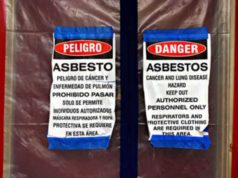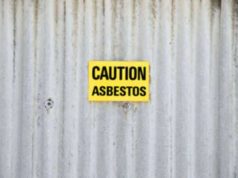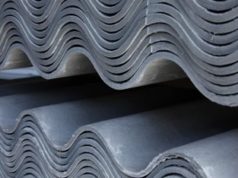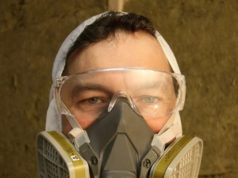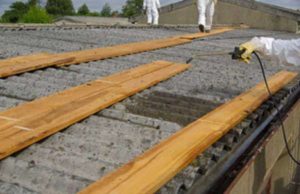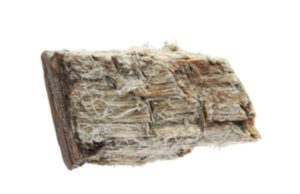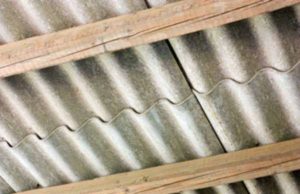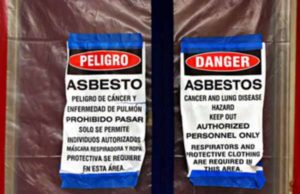
Rhode Island is a small state with a low rate of asbestos contamination and instances of asbestos related illnesses. Still asbestos containing materials will be present in many structures and those that worked in shipyards are especially vulnerable to developing asbestos related illness. There is some manufacturing and other industry in the state and this can also be a source of asbestos contamination for some workers in the state.
Rhode Island Department of Health helps to enforce Rhode Island asbestos laws through an Asbestos Control Program. This program will deal with several aspects of asbestos abatement, including mandating notification for construction projects, ensuring compliance with the law and defining asbestos abatement procedures. The state government will certify all professionals for asbestos abatement in the state.
Contamination sites in Rhode Island
Shipyards and textile mills prior to and during WWII will be the biggest source of industrial contamination for Rhode Island workers. Rhode Island asbestos law has since severely limited the use of these materials in the workplace, with most having undergone asbestos abatement. Asbestos has been found in heatproof coatings on machineries, fireproofing in the building and some industries actively used asbestos in their products. In nearly all instances, proper protection and safety precautions were not observed in the company policy, thus putting the workers at risk. Fines have been doled out to employers and owners that fail to provide notification of abatement of perform abatement improperly, thus endangering others in the area. Successful litigation has occurred as a result of a lack of diligence on the owner or abating professional.
Homes pose the greatest current risk to Rhode Island residents, as most of the asbestos material used for these structures remains intact. Many applications of asbestos in the home remain safe, as they are non-friable and unlikely to be released into the air, where it will pose a health risk. The friable applications however, which include insulation, plaster and ceiling coatings, should be removed as quickly as possible, as these applications gradually crumble and release dangerous fibers.
Demolitions will require the removal of all asbestos containing material if it can be crumbled or compromised during the process. This includes many indurate, non-friable applications. Renovations may leave some non-friable applications as long as that area of the structure is not undergoing renovation.
Asbestos inspection
To ensure you comply with Rhode Island asbestos laws, you will need to find a Rhode Island asbestos inspector, licensed by the state essential. The Asbestos Control Program will maintain a listing of these inspectors and these inspectors will identify ACMs through testing and recommend a course of action.
Asbestos litigation
Rhode Island has seen a number of asbestos related lawsuits and if you have an asbestos related illness, you will be able to make a merit-able case against former employers and other entities. Check with a Rhode Island asbestos lawyer to find out more about Rhode Island asbestos law and laws about litigation that may affect your case.


